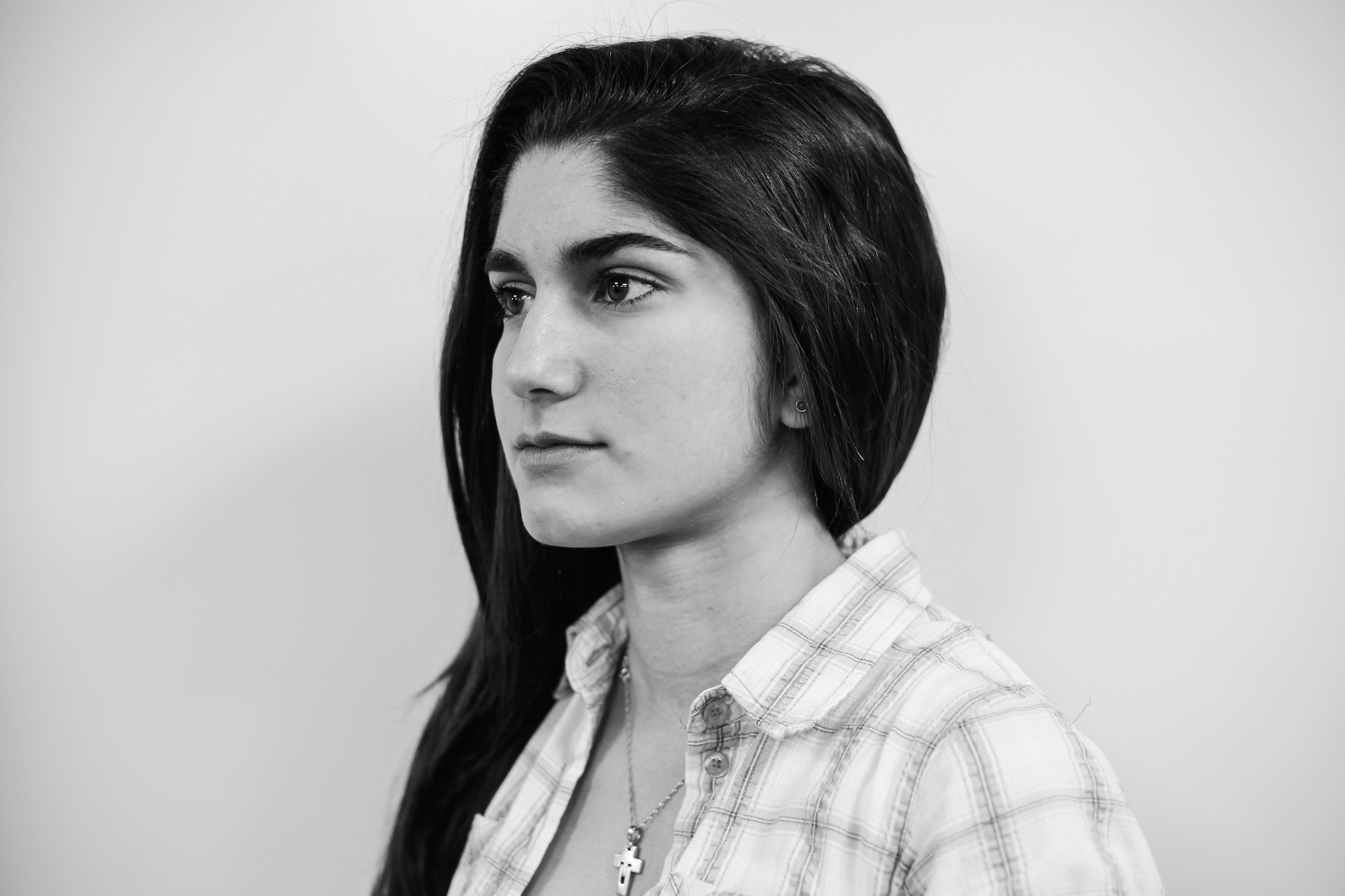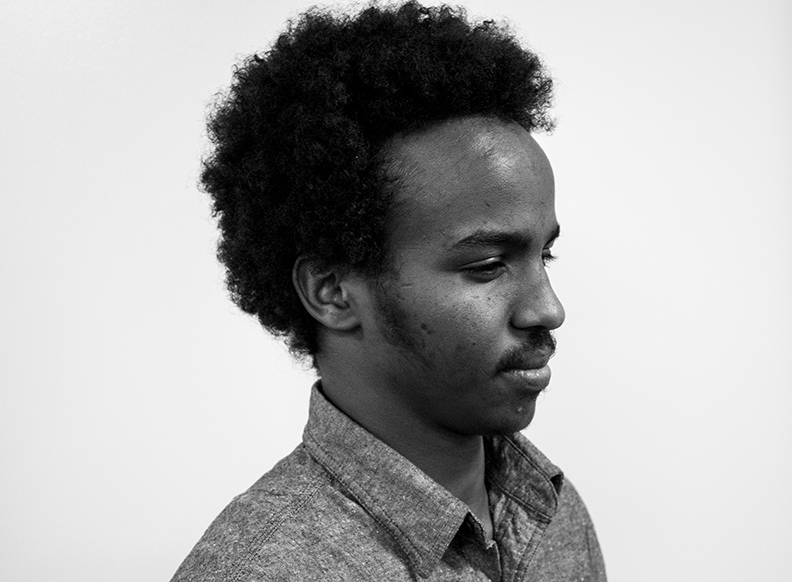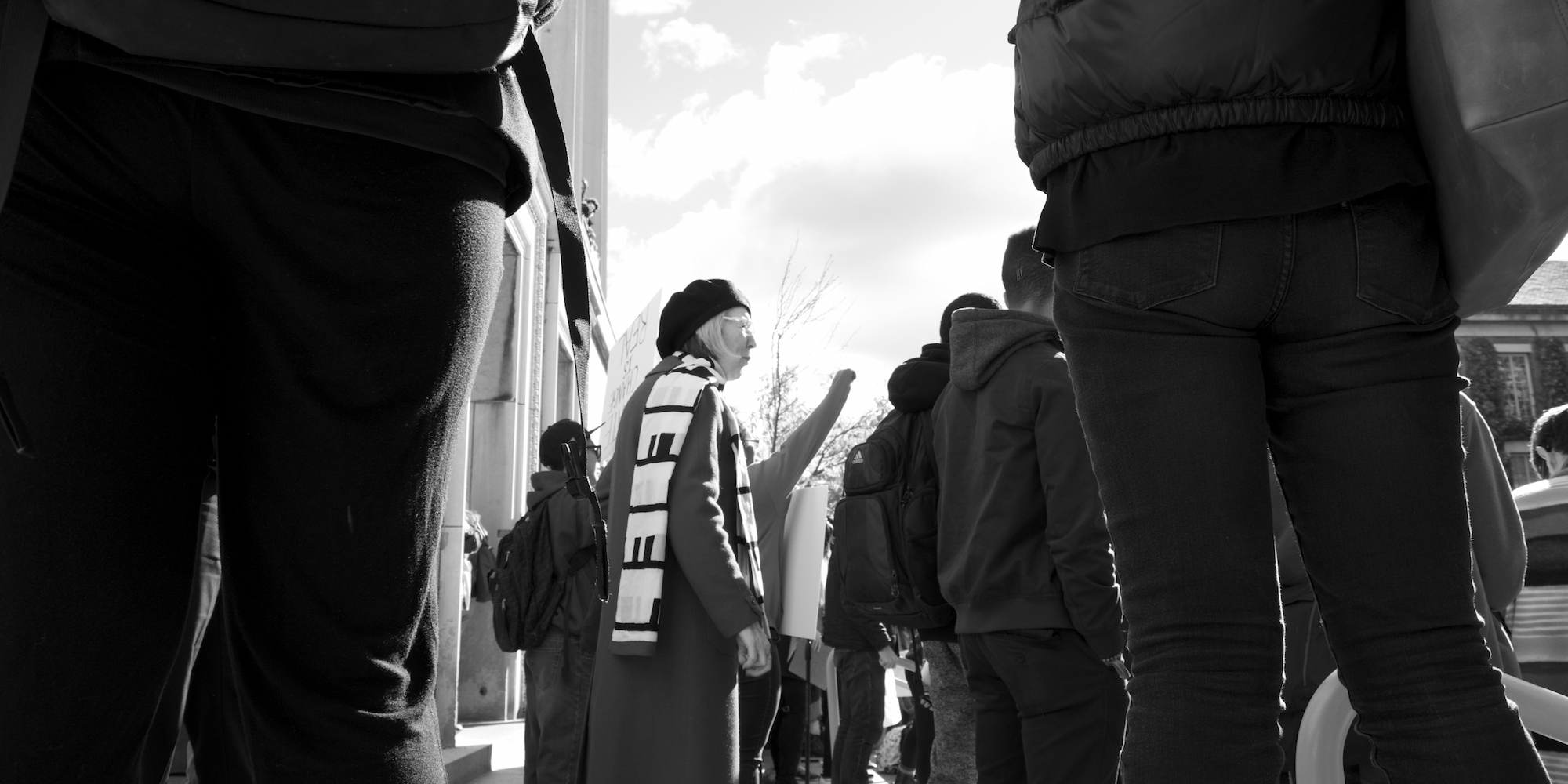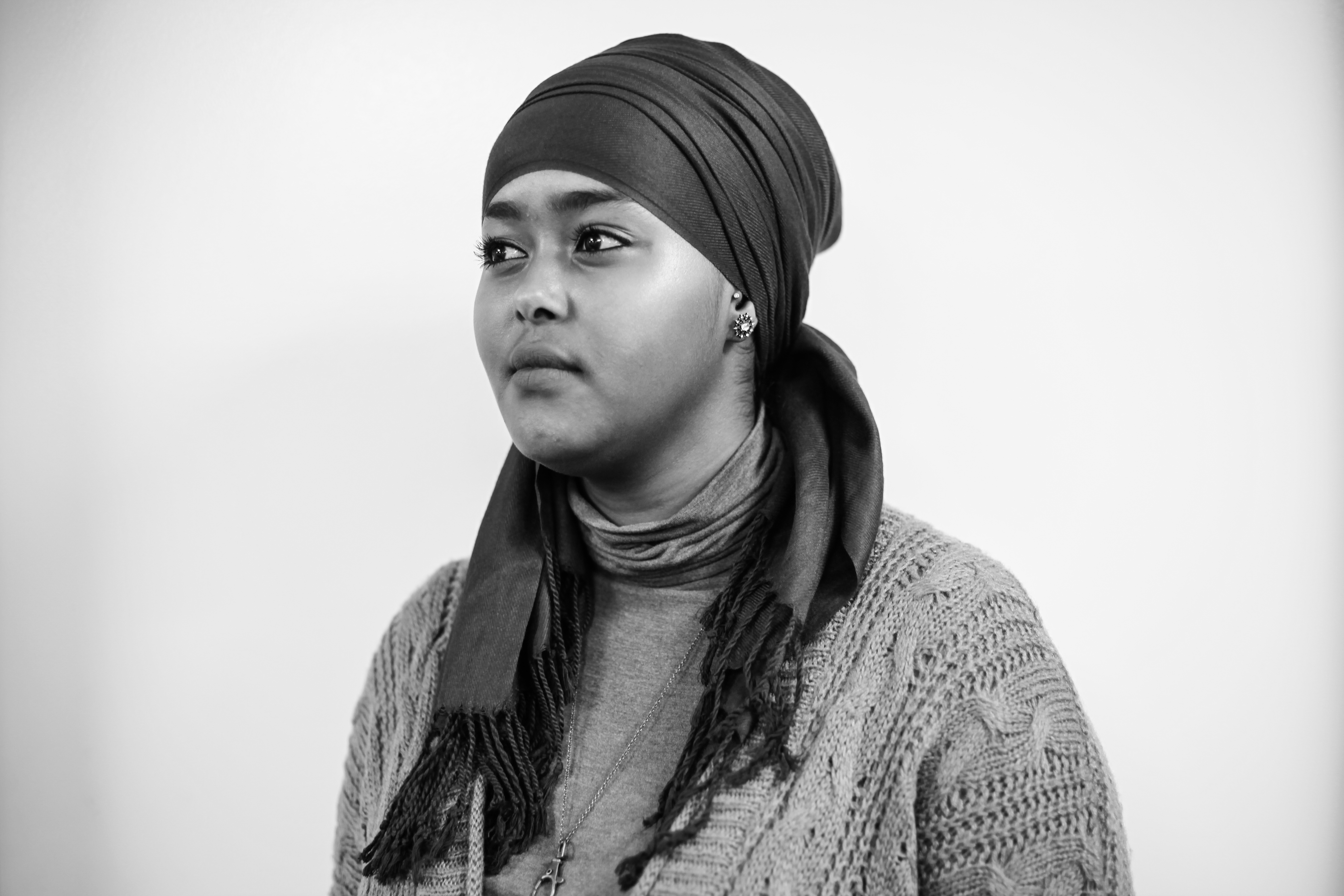The students behind the order
While President Donald Trump’s Jan. 27 executive order to ban immigration from seven countries sits in legal limbo, about 40 UR students are waiting, wondering if they’ll be able to return home when classes end in May, or if their families will be able to watch them graduate. Below are some of their stories.


Though Abdo lives in Dubai, she was born in Damascus and has a Syrian citizenship.
Lawyers provided to her by the International Students’ Office (ISO) have advised her that if she leaves the U.S., she won’t be able to return, under the current law.
“I cannot leave the country. At all. No international travel,” she said.
Abdo didn’t expect things to go this far, but she and her friends affected by the ban try to laugh the situation off.
It’s hard, though, when “we’re being treated with [...] disrespect,” she said. “We’re all humans.”


From a village of 500 in Somaliland, a self-declared state in Somalia, Ibrahim wants to make his country great by getting an American education and using it to start businesses back home.
He had planned to network with professionals while there on breaks visiting his parents and four siblings.
But the executive order has clouded that once-clear path, and now he’s facing a set of choices he never intended to consider.
“What this ban does is, because I can't go back home, I won't be able to have any of the connections that I would have if I were able to go back home,” he said. “Because I know nobody back home, I’ll have to stay here and settle here, which I don’t want and I'm sure Donald Trump or any of his supporters would want.”
The other, more visceral decision: “Family does mean so much to me, education does mean so much to me, and when you’re given the choice between those two, it’s not a choice at all.”
He felt welcomed when he first came to America in July, but he’s no longer sure this country is what he thought.


Mumin might go to nursing school or go for a graduate degree in public health, but either way, she wants to work in Somaliland.
She even recently won a fellowship grant from the Resolution Project, a nonprofit focusing on international youth entrepreneurship, to start a health pilot program back home this summer, when she planned to see her mother, stepfather, and three siblings.
“To know that that might not happen because I have to choose between finishing my school or taking the risk to see my family, it’s just a tough, sad situation that could have been different if people made wiser choices,” she said.
Though she plans to leave Rochester after school, she has tried to give back to her temporary home, partly through community service with Alpha Phi Omega, of which she is a member.
“So it’s sad when people like Trump make you feel like you don’t belong here or you just only want the worst for America, where in fact I pay money to serve and be a part of the community that’s not, eventually, mine,” she said.
She hopes stereotypes about Muslims and her home can be overcome.
“There are so many beautiful stories, like my family,” she said. “Education was always the first thing on the table, education was never a second option. I wish people knew those stories of women trying to change their community.”
If you're a UR student and you have been impacted by President Trump's immigration orders, we'd like to talk. Email editor@campustimes.org